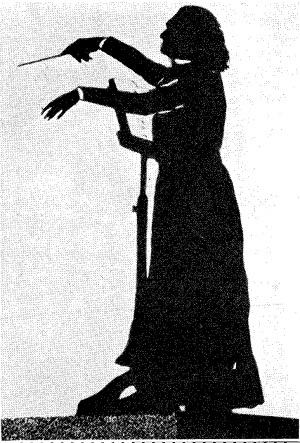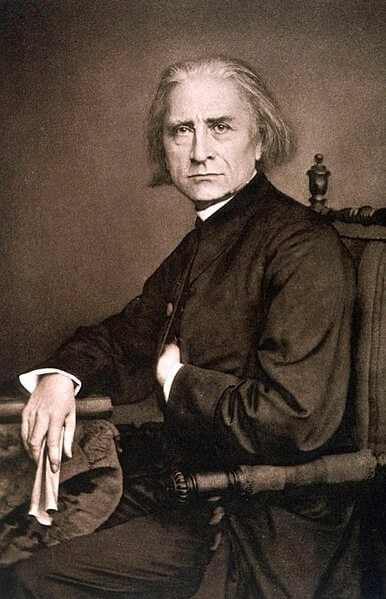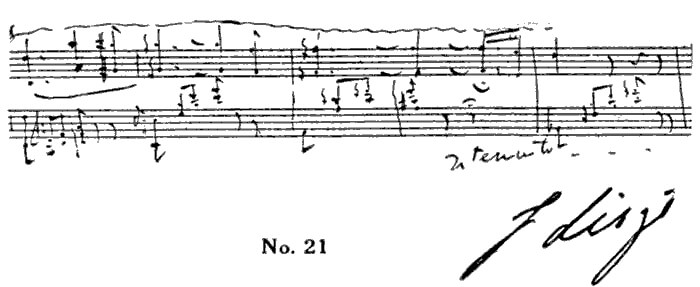 12 Tremendous Composers
12 Composers
12 Tremendous Composers
12 Composers

 12 Tremendous Composers
12 Composers
12 Tremendous Composers
12 Composers

Study the musical selection for one week.
Over the week:




Activity 1: Recite the Composition Information
Activity 2: Study the Music Timeline
Examine the music timeline to answer the following questions.

Activity 3: Map the Music

Activity 4: Read Aloud Your Paper About Franz Liszt